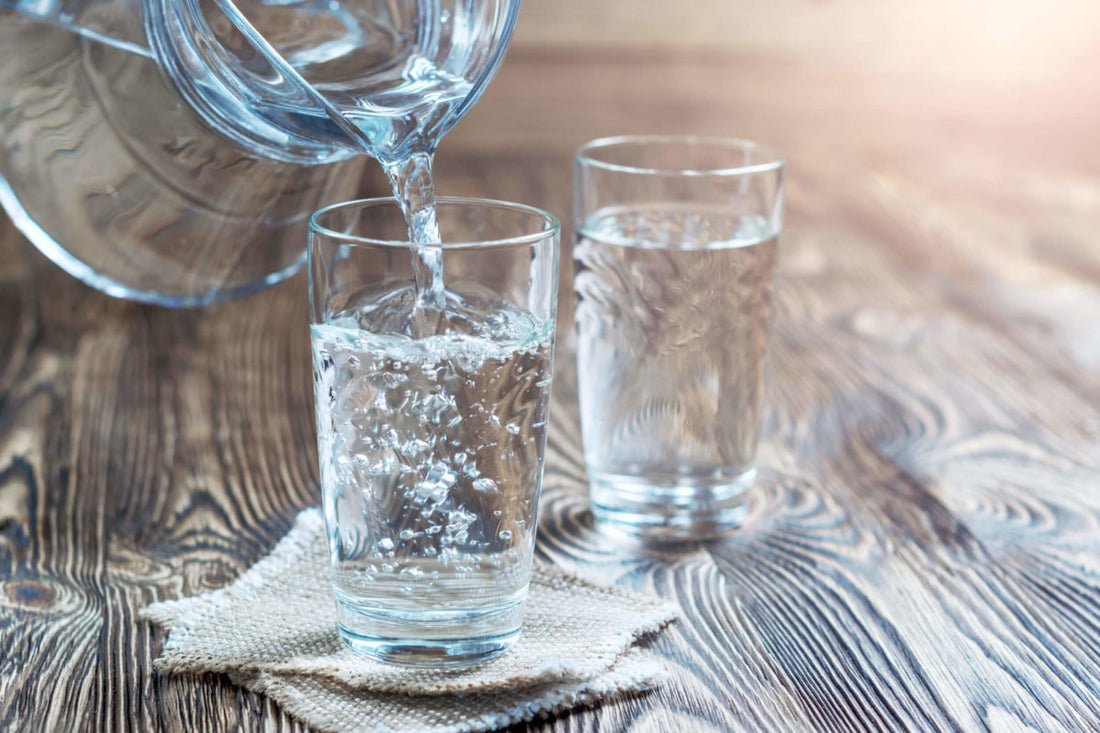Athletes are constantly looking for ways to improve performance, endurance, and recovery. While most focus on training and nutrition, one crucial aspect often goes overlooked—hydration. Proper hydration is essential for peak performance, yet many athletes fail to achieve it due to inadequate water intake. However, drinking gallons of water isn’t the only solution. A lesser-known yet highly effective method of staying hydrated is consuming water-rich foods—often referred to as "eating your water."
The Importance of Proper Hydration for Athletes
Water plays a critical role in the body's overall function, particularly for athletes. It regulates body temperature, lubricates joints, and transports nutrients that provide energy. Dehydration can lead to fatigue, cramps, dizziness, and even decreased cognitive function, all of which negatively impact athletic performance. Studies show that losing as little as 2% of body weight in fluids can lead to a significant decline in endurance and strength.
Proper hydration doesn’t just mean drinking water when you’re thirsty—it requires a strategic approach. Many athletes mistakenly assume that drinking more water is the key. However, consuming excessive amounts of water without replenishing essential electrolytes can lead to hyponatremia, a condition caused by low sodium levels in the blood. The key is to strike a balance by incorporating both water intake and water-rich foods into the diet.
Hydration Through Food: A Game Changer for Athletes
Eating water-rich foods helps the body retain hydration more effectively than drinking water alone. Unlike plain water, fruits and vegetables contain fiber and electrolytes that help regulate fluid balance in the body. Additionally, the gradual digestion of these foods allows for sustained hydration over time rather than the rapid excretion that often occurs when consuming large amounts of liquid.
A study published in The American Journal of Clinical Nutrition found that hydration from foods is just as effective as drinking fluids. Research also suggests that around 20% of daily water intake comes from food, making it a crucial yet often ignored component of an athlete’s hydration strategy.
Best Hydrating Foods for Athletes
Certain foods are exceptionally high in water content and provide additional nutrients that support athletic performance and recovery. Some of the best hydrating foods include:
- Cucumbers (96% water content) – A refreshing and low-calorie option that also contains silica, which promotes joint health.
- Watermelon (92% water content) – Contains L-citrulline, an amino acid that may help reduce muscle soreness.
- Strawberries (91% water content) – Packed with antioxidants and vitamin C to support immune function and muscle recovery.
- Oranges (86% water content) – High in vitamin C and potassium, essential for proper muscle function and hydration balance.
- Celery (95% water content) – A natural source of electrolytes such as sodium, potassium, and magnesium.
- Zucchini (94% water content) – A nutrient-dense vegetable that provides vitamins A and C, essential for tissue repair.
- Lettuce (95% water content) – Offers hydration while being rich in folate and fiber.
- Coconut Water (94% water content) – A natural electrolyte-rich drink that replenishes lost fluids efficiently.
Including these foods in an athlete's daily meals can help maintain optimal hydration levels while also delivering essential nutrients that contribute to overall performance.

The Impact of Dehydration on Athletic Performance
Dehydration negatively affects athletic performance in various ways. Studies have demonstrated that a mere 1% decrease in body water content can impair cognitive function, endurance, and strength. Here’s how dehydration impacts athletes:
- Reduced Endurance: A study published in The Journal of Athletic Training found that dehydration reduces aerobic endurance by up to 22%.
- Increased Fatigue: Dehydration leads to an imbalance in electrolytes, causing muscle cramps, dizziness, and premature exhaustion.
- Decreased Cognitive Function: Proper hydration is necessary for focus, reaction time, and decision-making, which are all critical for athletic performance.
- Impaired Recovery: Water plays a crucial role in nutrient transport, muscle recovery, and toxin removal. Dehydration can delay recovery and increase the risk of injuries.
Hydration athletes strategies must include a combination of fluids and food sources to prevent these performance declines.
When and How to Eat Your Water for Optimal Hydration
Timing and consistency are key when it comes to hydration. Athletes should incorporate water-rich foods throughout the day rather than consuming them all at once. Here’s a practical guide:
- Pre-Workout Hydration: Eat water-dense fruits such as oranges or watermelon about 60–90 minutes before exercise to enhance hydration and provide a quick energy boost.
- During Exercise: If training sessions are long and intense, consuming small amounts of fruits like grapes or cucumber slices can help maintain fluid balance.
- Post-Workout Recovery: After training, focus on hydrating foods that also provide essential nutrients, such as strawberries and coconut water, to replenish electrolytes.
- Daily Hydration: Make hydrating foods a staple in meals and snacks to sustain proper hydration levels throughout the day.
Additional Hydration Tips for Athletes
Eating water-rich foods is only one part of a comprehensive hydration strategy. Here are some additional hydration tips to ensure optimal performance:
- Monitor Hydration Levels: Check urine color—it should be light yellow. Dark urine is a sign of dehydration.
- Balance Electrolytes: Sodium, potassium, and magnesium are essential for hydration. Coconut water, bananas, and leafy greens can help replenish them.
- Use Hydration Indicators: Weighing yourself before and after exercise can help determine fluid loss. Rehydrate with 1.5 liters of water per kilogram lost.
- Avoid Overhydration: Drinking excessive water can lead to bloating and diluted electrolyte levels. Spread water intake throughout the day instead of chugging large amounts at once.
- Customize Hydration Needs: Every athlete's hydration needs differ based on body weight, exercise intensity, and environmental factors. Adjust hydration strategies accordingly.
Final Thoughts
Proper hydration is the foundation of athletic success, yet it is often approached incorrectly. While drinking water is essential, athletes must also focus on hydrating through food to maintain fluid balance effectively. Water-rich foods not only contribute to hydration but also provide essential nutrients that enhance performance, recovery, and overall well-being.
By incorporating hydrating foods such as cucumbers, watermelon, oranges, and coconut water into their diet, athletes can sustain energy levels, improve endurance, and reduce the risk of dehydration-related setbacks. Hydration athletes strategies should include a well-rounded approach that goes beyond just drinking water. Whether on the field, in the gym, or during recovery, prioritizing athletes water hydration through food can be a game-changer for sustained performance and peak fitness.
Reference:
1. Athanasatou, A., Kandyliari, A., Malisova, O., & Kapsokefalou, M. (2019). Fluctuation of water intake and of hydration indices during the day in a sample of healthy greek adults. Nutrients, 11(4), 793. https://doi.org/10.3390/nu11040793
2. Esa, N., Saad, H., Phing, C., & Karppaya, H. (2015). Untitled. Journal of Physical Education and Sport, 2015(03). https://doi.org/10.7752/jpes.2015.03068
Kerksick, C., Wilborn, C., Roberts, M., Smith‐Ryan, A., Kleiner, S., Jäger, R., … & Kreider, R. (2018). Issn exercise & sports nutrition review update: research & recommendations. Journal of the International Society of Sports Nutrition, 15(1). https://doi.org/10.1186/s12970-018-0242-y

